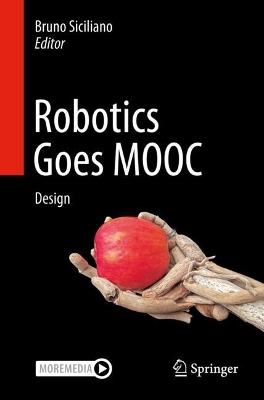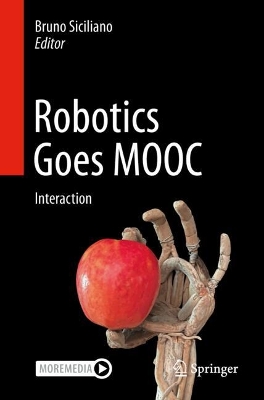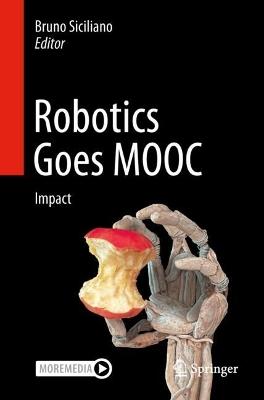Chaos, Complexity and Leadership 2017
 -15%
portes grátis
-15%
portes grátis
Chaos, Complexity and Leadership 2017
Explorations of Chaos and Complexity Theory
Potas, Nihan; Ercetin, Sefika Sule
Springer International Publishing AG
09/2018
725
Dura
Inglês
9783319898742
15 a 20 dias
1274
















